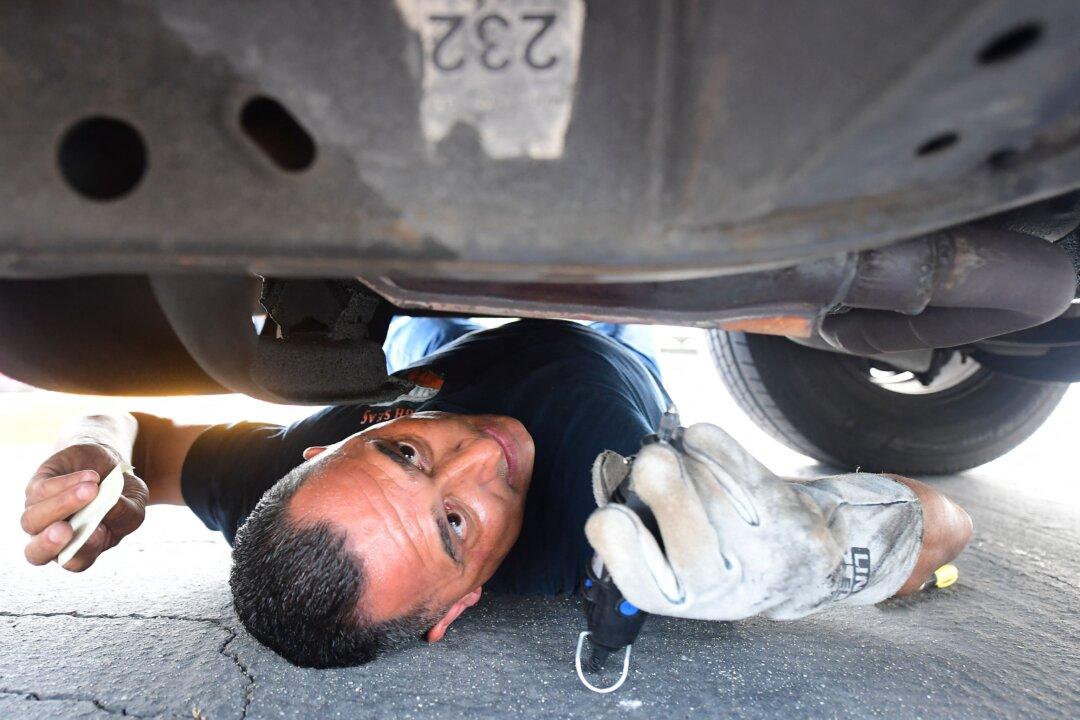Scrap metal industry heads say the United States needs a universal solution to the theft of catalytic converters because a patchwork of laws is allowing the black market to continue to exist.
Institute of Scrap Recycling Industry (ISRI) Chief Lobbyist Billy Johnson said there needs to be a federal solution to catalytic converter thefts because thieves exploit gaps created by each state having its own laws.





